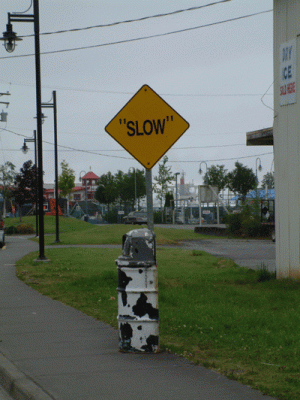Easing back into grammar tips now that the thesis is well done…
“A girl like I never gets to meet really interesting men. One’s brain gets to be starved.”
I’ve just been watching Marilyn Monroe as Lorelei Lee in Gentlemen Prefer Blondes. Could she be more excellent? So dumb and smart at the same time! And HOT. Like when she’s dancing with Piggy and they show her in that clingy dress from the back with her tiny waist and…
Oops–I’m heading in the wrong direction. What I wanted to write about was how Marilyn uses “I” instead of “me” to sound smarter. If most people heard the quotation above, they would know it was wrong–which is why it works so well in the film. But if Marilyn had said “girls like Dorothy and I,” many people, at least nowadays, wouldn’t even notice the error. This is why it works well to check your sentence with the other person taken out to figure out whether it should be I or me.
E.g. Come visit Georgie and I whenever you want.
Would you say “Come visit I whenever you want”? No. So say, “Come visit Georgie and me whenever you want.” That is the correct way.
See also Grammar Tip #2. I had to post this continuation of Tip #2 because I hadn’t been able to find any actual lines that Lorelei said when I posted the original tip.


